Internal Security - Colonel
Unit: Former Head of the Main Directorate of the Internal Security Department of the Investigative Committee of Russia
The Moscow City Court sentenced the former head of the Department of Interdepartmental Cooperation and Internal Security of the Investigative Committee, Mikhail Maksimenko, to 13 years of strict regime and a fine of 165 million rubles in the case of taking bribes from representatives of the criminal world.
Cargo ID: #1031
English Name: Mikhail Ivanovich Maksimenko
Russian Name: Максименко Михаила Ивановича
Date of Birth: July 12, 1973 (age: 50 years)
Place of Birth: St. Petersburg, Russia
Place of Death: Storage Closet, Psychiatric Ward, Lefortovo Prison, Lefortovo, South-East Administrative District, Moscow, Russia
Cause of Death: "Suicide"
It all began from the moment when Maksimenko was removed from investigative actions and drank a glass of water. The colonel was sure that psychotropic drugs had entered the water. However, a request for a substance analysis at Lefortovo was rejected by a claim that Maksimenko, a 43-year-old colonel, was probably exaggerating. According to them, the analysis of the presence of possible psychotropic drugs in the blood is done only with the participation of an investigator. At this time, Maksimenko began to notice strange symptoms: blurred consciousness, memory loss, nausea and severe headaches. When I was able to get his medical records, I saw that he had sought medical attention and tried to get treatment several times after that. At some point, he became worse from the treatment and refused to take any medication that was offered to him in the medical unit. He also refused prison food and water.
I will never forget his plea. It came from a man who, just four weeks ago, seemed completely independent and ready to handle any challenge. He whispered, "Help! Can I be taken to the hospital? What happened, happened. I wouldn't have believed it myself. I understand everything, I myself worked in the Investigative Committee, but what is happening here..."
Colonel Maksimenko was sent to a medical, but not ordinary, civilian, but prison and even psychiatric hospital located on the territory of the Butyrka prison. Experts came to the conclusion that Maksimenko was indeed treated with psychotropic drugs, and he began to have a nervous reaction to them, possibly due to previous contusions. One of the employees of the prison system expressed the opinion: "Perhaps the case of Maksimenko will wean the investigators from using prohibited methods of chemical influence for a long time."
He always stressed that he would fight again, that he would never commit suicide, that is, he was not going to take his own life. He had problems when he was transferred to the colony: his letters disappeared or were delayed (one letter reached him only a year later!), he was forbidden to call and visit. In the colony, these problems seem to have been solved, but for some reason Maksimenko chose this end. Or didn't choose? This is a question that we may have to look for answers to in a deeper investigation.
Deployments: Chechnya (as part of a SOBR unit)
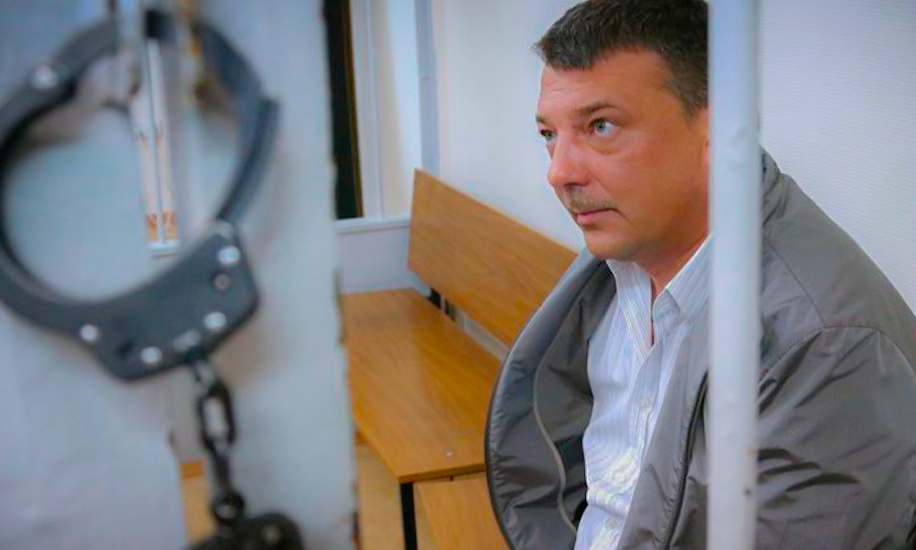
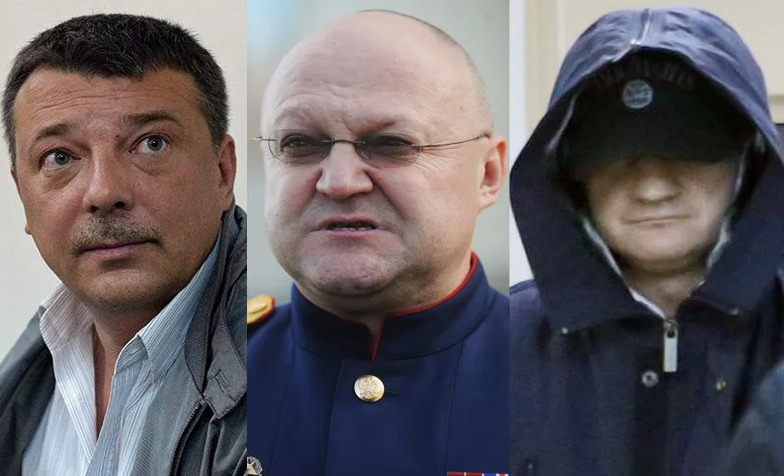
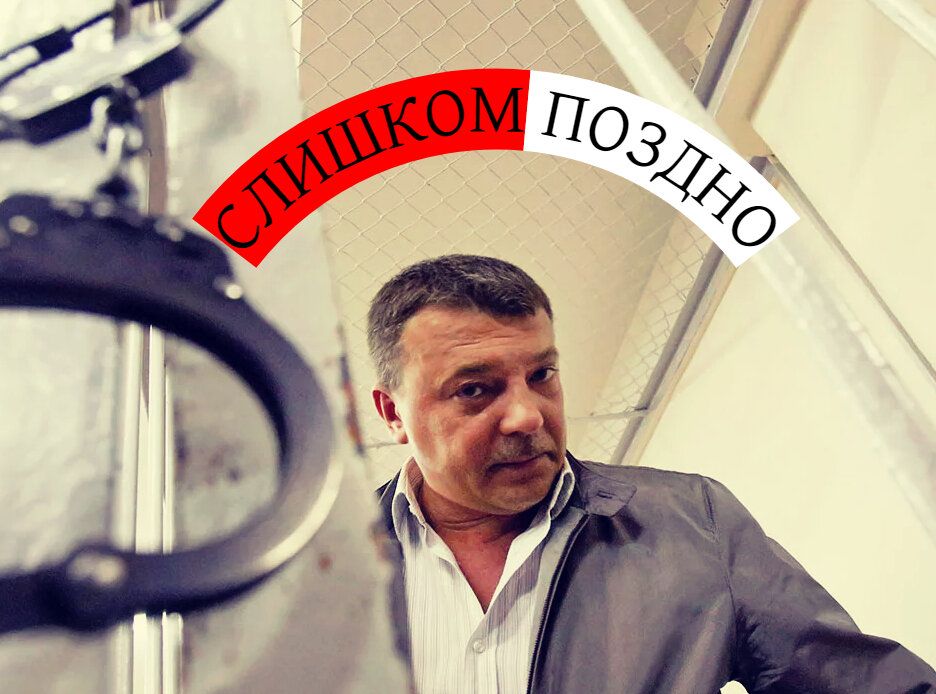
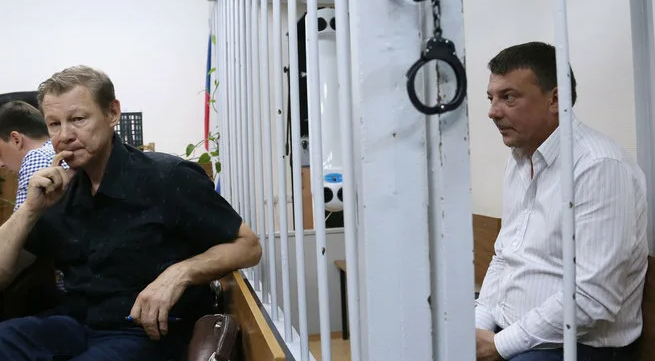
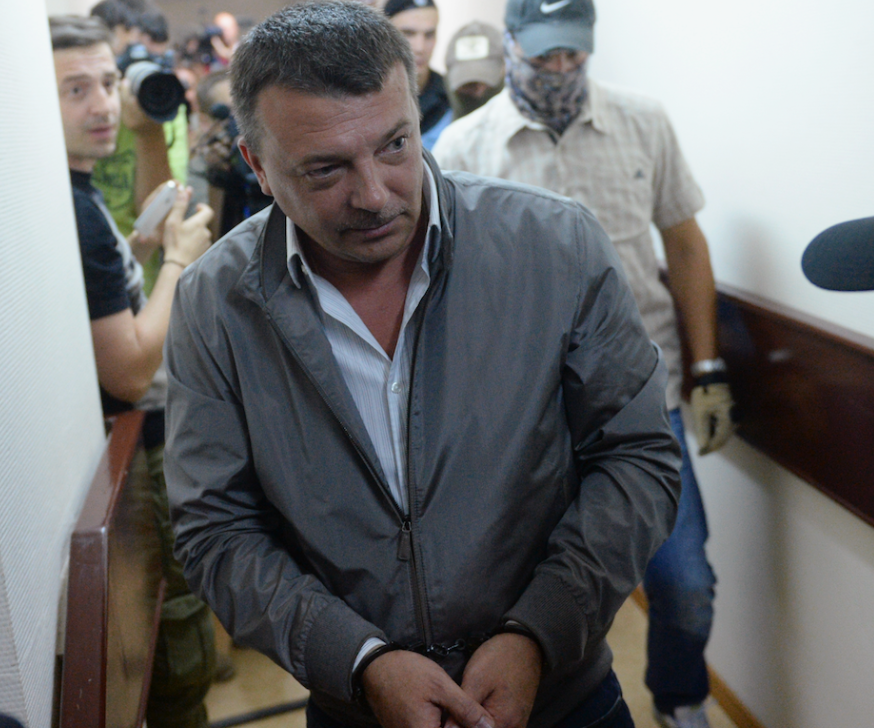
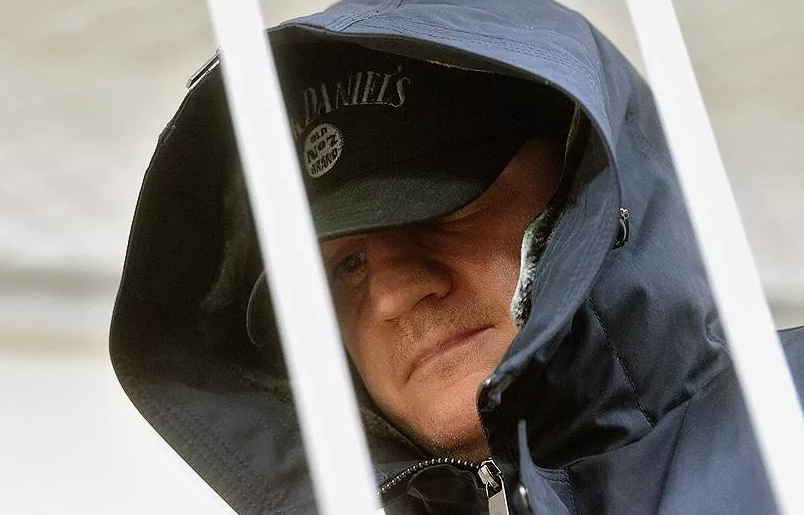
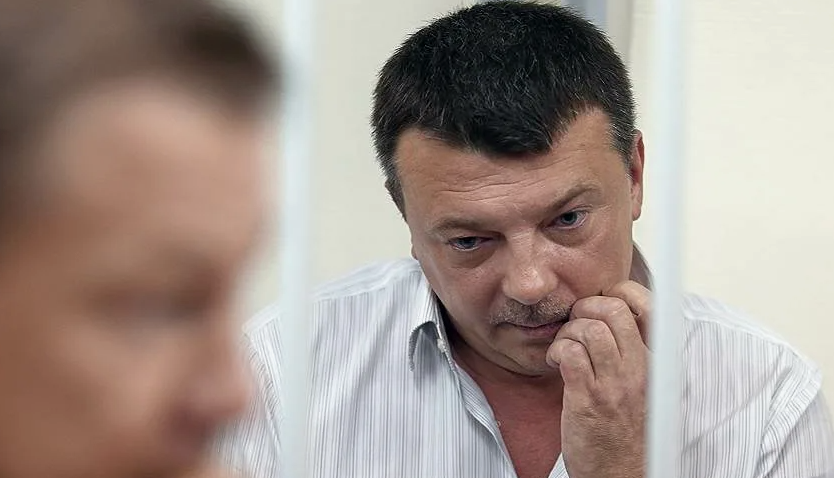
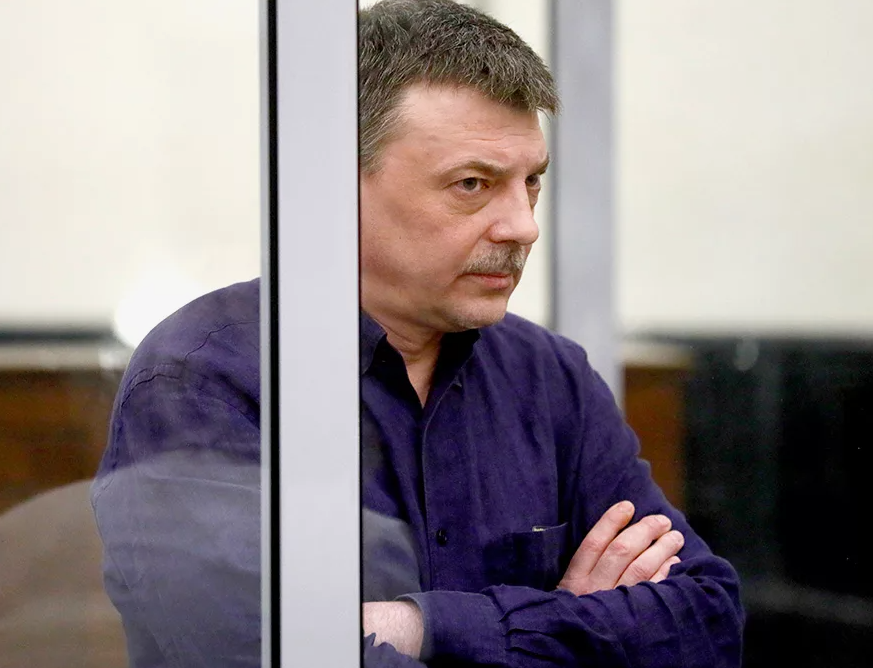
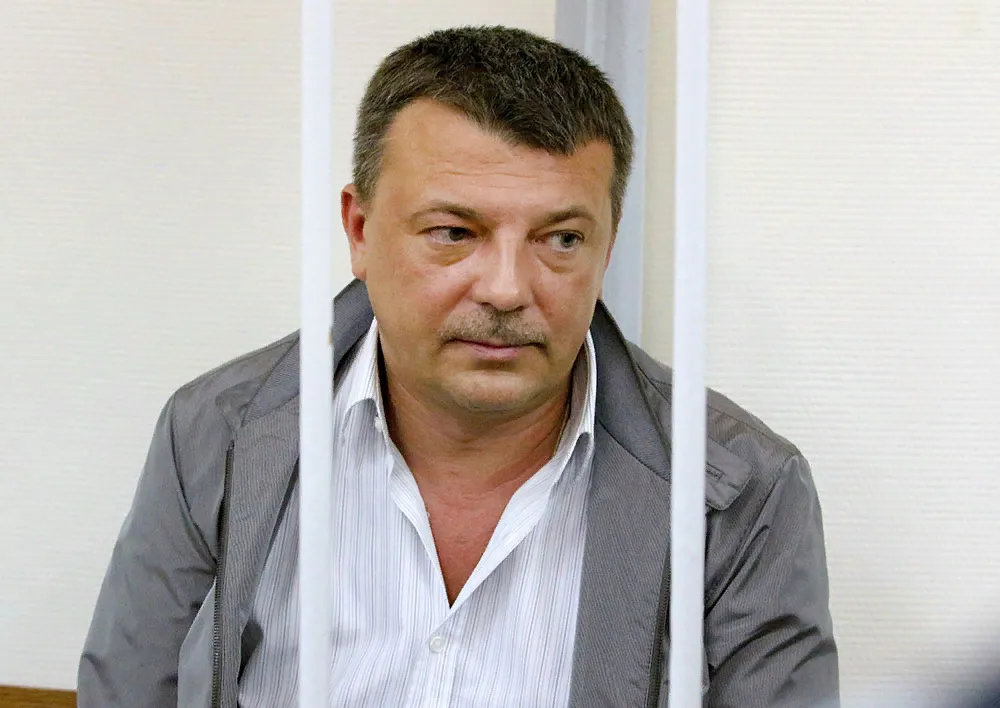
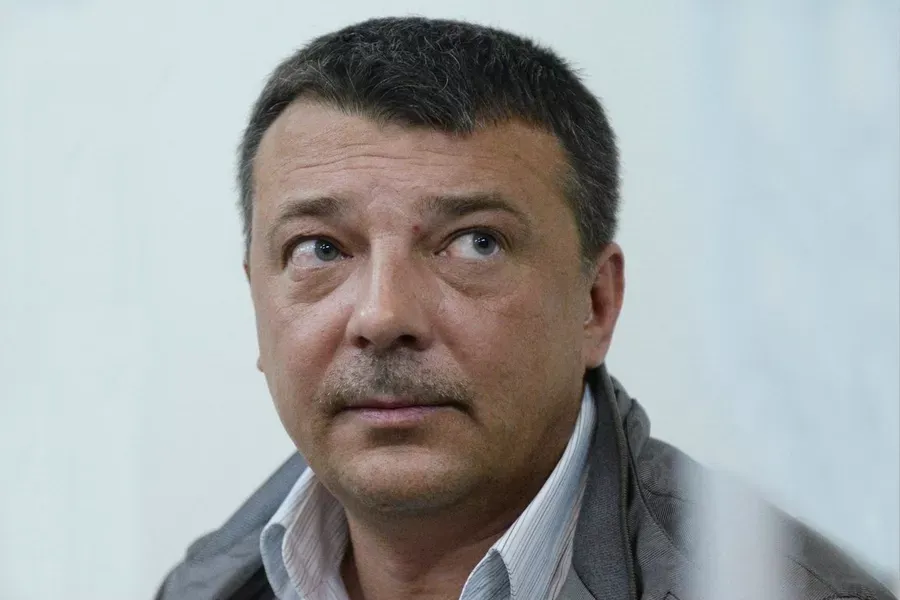
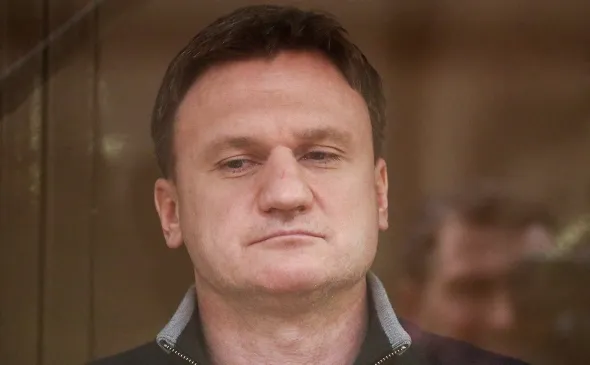
Colonel Alexei Kramarenko, the former head of the Investigative Department for the Central Administrative District of the Main Investigative Directorate of the Investigative Committee in Moscow, was also convicted of the same crimes as Maksimenko. He was pardoned in June of 2023 in order to participate in the invasion of Ukraine. He was put in command of an assault squad due to his managerial skills, and his contract is coming to an end.
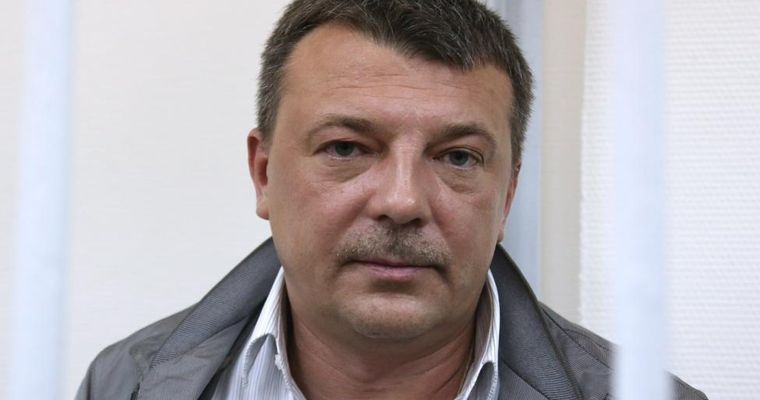
Comments